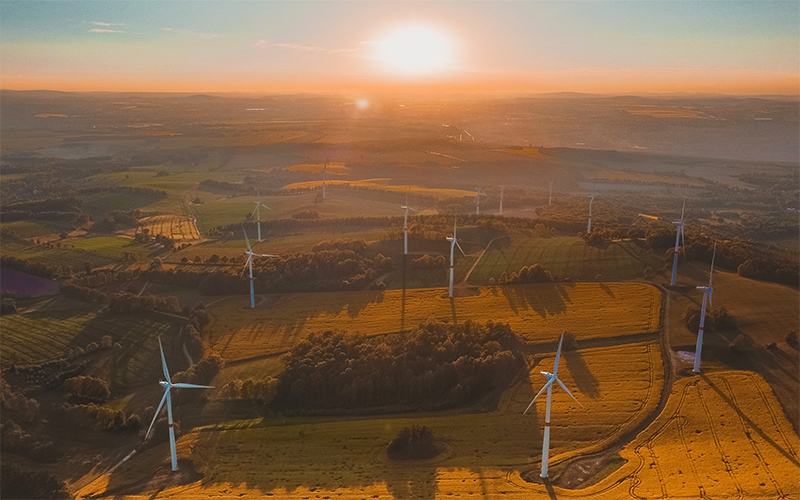The political economy of sunset versus sunrise industries

24 February 2022
About the project
The evolving dynamics between sunset and sunrise industries are a critical theme to national and industrial decarbonisation targets in the transition to a net-zero society.
Sunset industries, also called “incumbents”, often represent high-carbon organisations dealing with declining assets who also manage large flows of finance, underpin regional employment, shape the existing skills base, and have significant political influence.
Sunrise, “new entrants” or “emerging” industries, are low or zero carbon diffusers of new technologies who can struggle to attract sustained investments, are not yet significant employers, and are not well organised to engage with politics and civil society.
The interplay of these industries and their strategies at different stages of their evolution is a fundamental tension in UK energy and industrial policy.
In the context of the energy transition, sunrising and sunsetting industries are interacting together in a broader set of socio-technical systems and sub-systems which are multi-level and co-evolutionary in nature. The transformation is driven by landscape pressures (climate regulations, public concern, global threat) together with niche technologies, creating disruption not only for incumbents but for the whole supply, demand and distribution system.
This project will inject political economy into the traditional techno-economic focus given to energy systems and provide a novel, comprehensive review of socio-political drivers, barriers and levers to industrial emissions targets based on a whole systems thinking perspective and system dynamics modelling.
Part of IDRIC, the project will contribute to deliver a multidisciplinary research agenda for decarbonisation in partnership with stakeholders including over 20 academic institutions, industry representatives from the main UK industrial clusters, and policy decision makers.
Impact, influence and outreach
- The project will explore opposing forces and flows around finance, assets, investment management, strategic innovations, political influence, and social movements.
- It will identify future pathways, unintended policy consequences and levers of change to inform key decision-makers from industry and government on potential risks and leveraging opportunities.
- A novel socio-technical model will represent for the first time the non-linear dynamics of competing UK business dynamics within their socio-political context, highlighting potential vicious and virtuous cycles of change.
- The study will contribute to emerging academic research on the role of societal and institutional movements in overcoming regime resistance and critically enhance common understanding between academia and industry and policy decision makers.
- The project is consistent with the UK’s government’s Ten Point Plan for a green industrial revolution (Nov 2020), the Industrial Strategy (March 2021), and the Net Zero Strategy (Oct 2021).
Outputs
- Agreed definitions of key concepts, interdisciplinary literature review, development of transition narratives (bottlenecks, tipping points, feedbacks loops)
- Identification of risks, unintended consequences and leveraging
- opportunities in future energy pathways
- Targeted set of briefs for senior industry and other key decision makers • Development of an open-source System Dynamics causal loop diagram and stock and flow model with user’s interface (Stella Architect)
- Engagement with industry and policy stakeholders, enhanced academic collaborations
- 2 peer-reviewed papers, 3 policy/industry briefs, 1 international conference, media engagement
People

Professor in Energy Economics and Modelling
View Neil's profile
Send Neil an email

Research Fellow in Energy Transitions
View Brunilde's profile
Send Brunilde an email
 Close
Close

